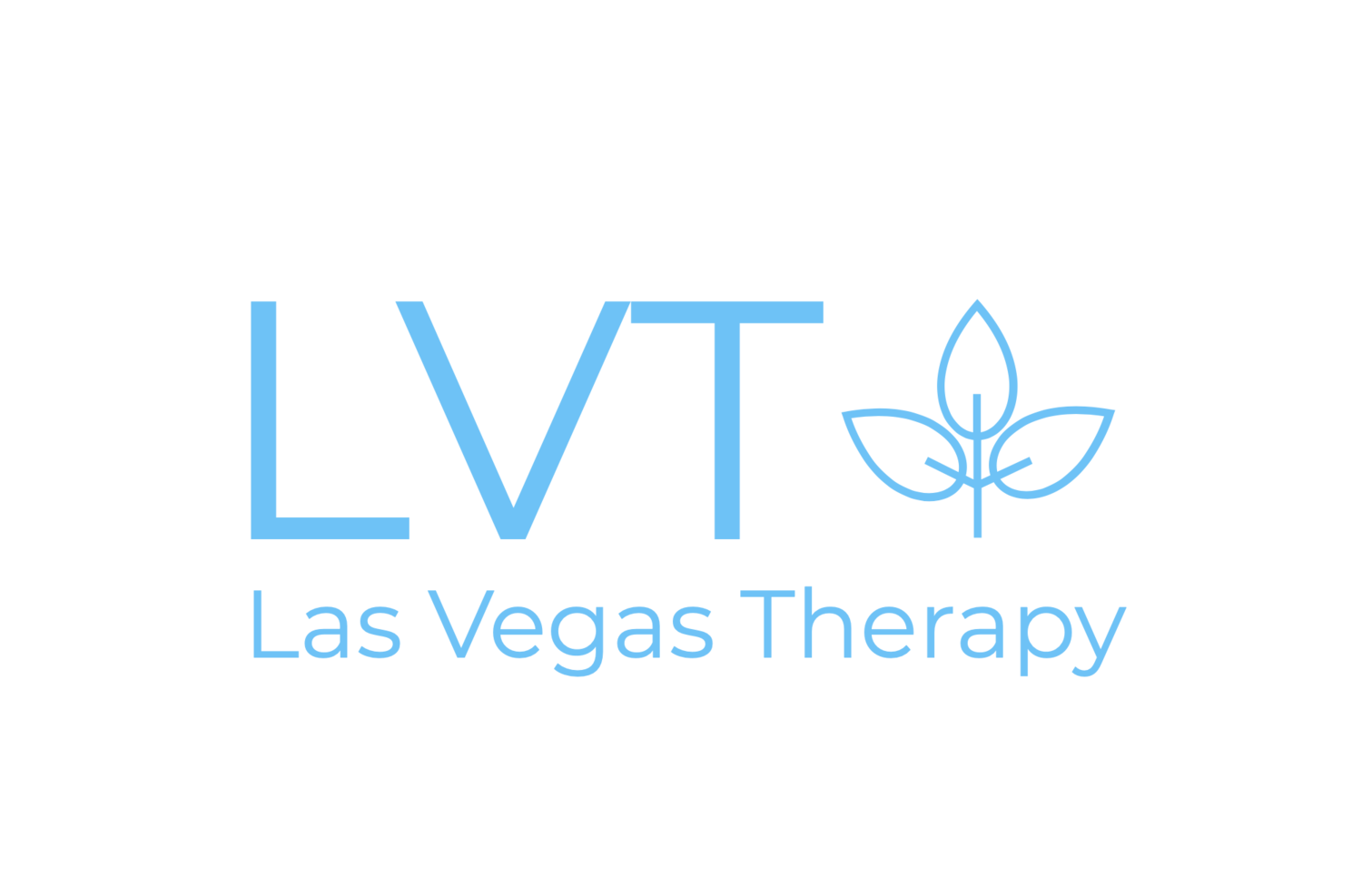In the ebb and flow of life's challenges, feelings of anxiety and sadness are common. However, when these feelings persist, intensify, and begin to interfere with daily life, they may signal the onset of anxiety or depression. Recognizing the early signs of these mental health conditions is crucial for timely intervention and support. In this blog post, we delve into the early indicators of anxiety and depression, providing guidance on when it might be time to seek professional help. At Las Vegas Therapy (www.lvtmentalhealth.com), we are dedicated to supporting individuals in understanding their mental health and navigating the path to recovery.
Understanding Anxiety and Depression
Anxiety and depression are among the most prevalent mental health disorders, affecting millions worldwide. While they are distinct conditions, they often co-occur, compounding their impact on an individual's well-being.
Anxiety is characterized by persistent and excessive worry about everyday situations, often accompanied by physical symptoms such as rapid heartbeat, sweating, and fatigue. Depression, on the other hand, manifests as a pervasive feeling of sadness, loss of interest in previously enjoyed activities, and a lack of energy.
Early Signs of Anxiety
Persistent Worrying: Constantly feeling on edge about various aspects of life, from work to personal relationships, can be an early sign of anxiety.
Physical Symptoms: Unexplained physical symptoms like headaches, muscle tension, or stomachaches may indicate anxiety.
Sleep Disturbances: Difficulty falling or staying asleep, often due to racing thoughts or worries, is common in those with anxiety.
Concentration Problems: Finding it hard to focus on tasks at hand or experiencing 'mental fog' can be related to anxiety.
Avoidance Behavior: Steering clear of situations or activities that are perceived to cause anxiety, even if they were previously enjoyable.
Early Signs of Depression
Persistent Sadness or Hopelessness: Feeling down, tearful, or experiencing a sense of emptiness for extended periods can be a sign of depression.
Loss of Interest: A noticeable lack of interest or pleasure in activities once enjoyed, including socializing, hobbies, or sex.
Changes in Appetite or Weight: Significant weight loss or gain not attributed to dieting or changes in eating habits can indicate depression.
Fatigue and Sleep Issues: Experiencing a constant lack of energy or sleeping too much or too little can be symptoms of depression.
Feelings of Worthlessness: Harboring intense feelings of guilt, self-blame, or worthlessness over perceived faults and mistakes.
When to Seek Help
If you or someone you know is experiencing these symptoms persistently and they are affecting the ability to function daily, it's important to seek professional help. Early intervention can significantly improve the effectiveness of treatment and the overall quality of life.
Recognizing the early signs of anxiety and depression is the first step toward seeking help and beginning the journey to recovery. It's important to remember that these conditions are treatable, and help is available. At Las Vegas Therapy, we provide a compassionate and supportive environment to explore your experiences and find the path that leads to healing. If you're experiencing the early signs of anxiety or depression, visit www.lvtmentalhealth.com to learn more about how we can support you. Remember, reaching out for help is a sign of strength, and taking that first step is a courageous move toward reclaiming your well-being.

